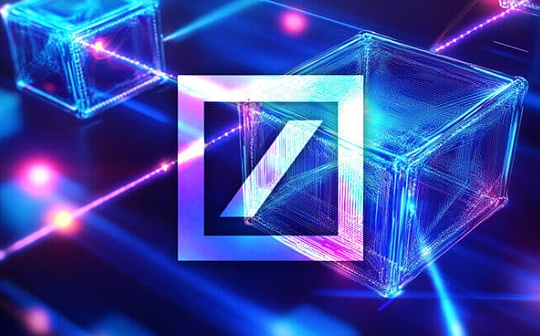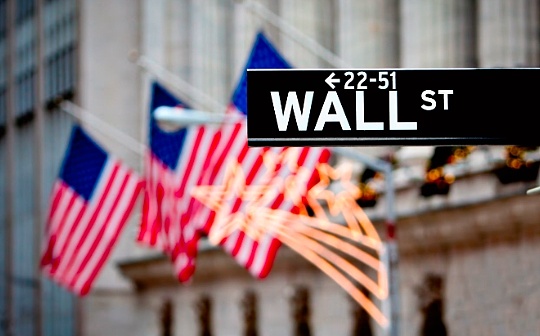Latest views from a16z founding partner: In 2025, blockchain will further “decentralize” the AI-driven Internet

Reprinted from panewslab
12/19/2024·6MOriginal title: Blockchain Innovation Will Put an AI-Powered Internet Back Into Users' Hands
Author: Chris Dixon, founding partner of a16z Crypto
Compiled by: Heilsman, ChainCatcher
The doomsayers are wrong. Artificial intelligence won’t destroy the world — but it will destroy the web as we know it.
Artificial intelligence has upended the economic contract of the internet that has existed since the dawn of search: a handful of companies (mostly Google) bring the demand, and creators bring the supply (and get some advertising revenue or recognition from it). AI tools have tipped the balance by generating and summarizing content, eliminating the need for users to click through to the content provider’s website.
At the same time, a proliferation of AI-powered deepfakes and bots will make us question what is real and reduce trust in the online world. With the advent of the AI era, large technology companies with the ability to process large amounts of data and computing power will continue to invest in artificial intelligence. These companies will become more powerful relying on monopoly resources, making the remaining parts of the Internet that are not open even more closed.
Technological progress is inevitable. When I call attention to this, I don’t mean to scream that the sky is falling, or to impede progress. We need to help individual users gain some control over their digital lives. Thoughtful government regulation can help, but it tends to slow innovation. Attempting a one-size-fits-all solution may create as many problems as it solves. And, let's face it, users aren't going to give up on their online lives.
Major technology movements often go hand in hand—think of the rise of social, cloud and mobile computing in the 21st century. This time is no different: AI requires blockchain-powered computing.
Why? First, blockchain can enforce ownership. Blockchain can make trusted promises involving property, spending, and power. A decentralized network of computers (not large corporations or other centralized intermediaries) validates transactions, ensuring that rules and records cannot be changed without consensus. Smart contracts automate and enforce these ownership rights, creating a system that ensures transparency, security and trust, giving users complete control and ownership of their digital lives. For creators, it means they can decide how others (including AI systems) use their work.
Another fundamental piece of ownership that blockchain can enforce is identity. If you are who you say you are, you can sign a cryptographic statement to prove it. We can carry our identity across the web without relying on a third party. On-chain identity can also help distinguish real users from bots and imposters. In the 1990s, no one on the Internet knew whether you were a dog or a robot. Now, people can know exactly whether you are a dog or a robot. By 2025, I expect there will be more “proofs of humanity” on the Internet due to recent advances in these technologies.
In 2025, blockchain will be used to create tamper-proof records of original digital content, becoming a bulwark against deepfakes. When a video, photo or recording is created, blockchain can provide and store a unique digital fingerprint. Any changes to the content will alter that signature, making tampering easily detectable. Blockchain can also store metadata and verification proofs from trusted sources, further ensuring the authenticity of the content.
Finally, in 2025, blockchain will help realize the original ideals of the Internet, promoting a more creative, open and diverse network. Currently, users are dependent on a handful of internet giants—which have invested heavily in artificial intelligence (and required regulations to keep smaller rivals out). Once-open websites and apps have had paywalls added, APIs restricted or closed, archives removed, past content edited without permission, and intrusive banners and ads added.
In 2025, blockchain alternatives will offer the option of greater choice, open source innovation, and community control. They will hold high the torch of an open Internet. Cryptocurrencies will begin to take power away from big tech companies and put it back into the hands of users.


 jinse
jinse